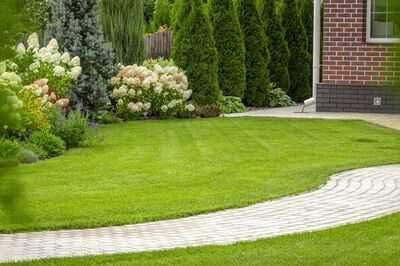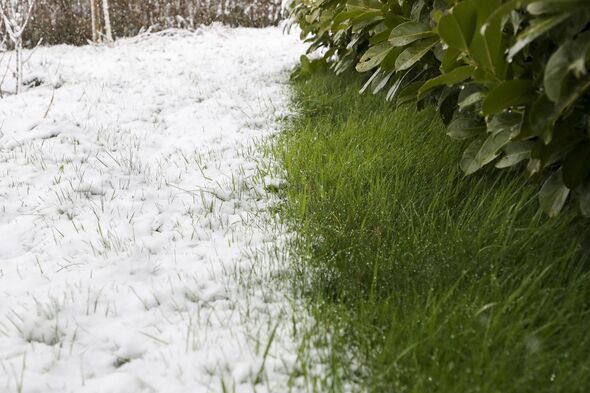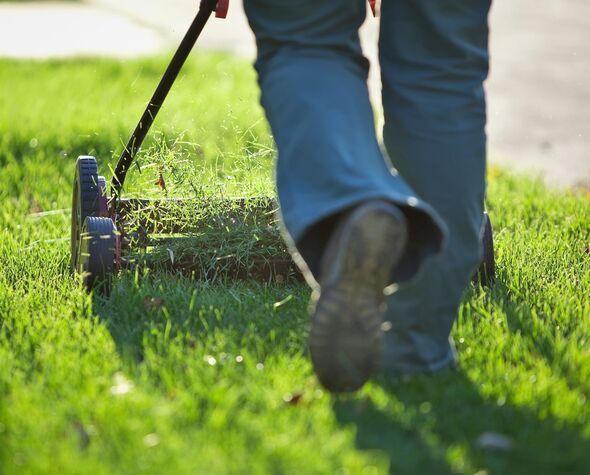

As we push through the winter months, many people are looking for ways to get ahead on their in time for summer.
Your may have seen better days, but to ensure it's had the ultimate boost as the season shifts, there's one simple thing you can do.
Along with the upkeep of mowing your lawn and removing any weeds, there's a key task you could be missing for the best-kept grass.
Fertilising your lawn in winter can be incredibly beneficial for its growth, but only if done correctly. According to Cheryl Harper, Managing Director of Greensleeves Lawn Care, the key is to choose a fertiliser designed specifically for the colder months.
Harper said: " fertilisers typically contain less nitrogen, which encourages growth, and more potassium, which strengthens the grass and helps it withstand the challenges of frost, dampness, and disease.
"Applying a small amount in winter can give your lawn a much-needed boost to survive the colder months."

However, the gardening expert suggests that over-fertilising your grass can stress the lawn and even scorch the grass. This is especially common when your lawn is already coping with challenging conditions.
If you're unsure, it's recommended that you follow the manufacturer's instructions carefully or even consult a lawn care expert to ensure you get it right.
Peter Mortin, a gardening expert at Crane Garden Buildings, suggests lawn feed is the key for keeping your grass happy in the winter months.
He said: "While there isn't much of winter left for 2025, it is important that you use a winter lawn food that is low in nitrogen but high in potassium to help strengthen the roots of your grass. This will prep your lawn in time for summer."

The expert also suggests that continuing to clear any winter debris from your lawn is also beneficial. This will involve raking away any twigs or leaves and brushing off any potential worm casts.
Mortin explained: "This is key because debris can block out any sunlight, which will limit growth when spring comes around.
"However, you can move this debris onto any flower beds in your garden to double up as useful, nutrient-enriched mulch."